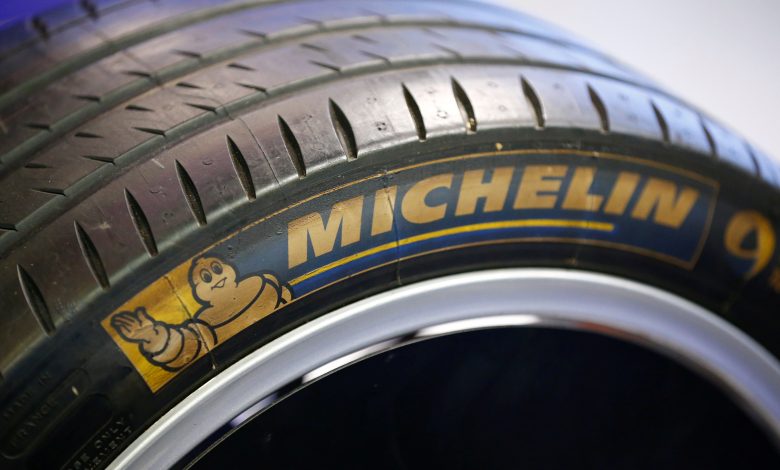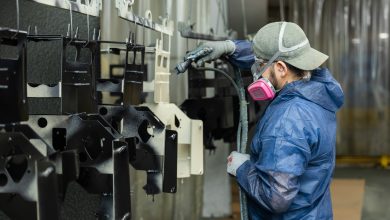the Direct Relation Between Tyres & Weather!

The greatest threat that heat waves bring to your Michelin Tyres Faringdon is the elevation of tyre pressure. As the weather increases, so does the tyre’s internal pressure. Charles’s Law has held for a few hundred years that the capacity of any gas grows in accordance with its warmth. This is because, at extreme temps, gas molecules move more rapidly. On average, they are further apart, therefore the gas occupies a larger volume. However, if you limit the energy to the same space, such as within a tyre, the gas force will increase. Due to the fact that tyres are to work within an operating pressure with limitation, it is conceivable that warm temperatures might cause the tyre to fail catastrophically.
COLD CONTRACTS THE TYRES, WHILE HEAT EXPANDS THEM!
The car’s weight does not support the tyres. It’s the tyre pressure. And it is typically at a temp of 32 pounds per square inch (PSI). With every 10°C shift in air conditions, tyre pressure rises by 0.1 bar, even while the vehicle is not in use. While this may not seem like much, keep in mind that passenger car tyres only contain 30-35 PSI. A few more bars of air density may make a significant impact and lead a tyre to explode. Even if this does not occur, over-inflation may impede braking and lead to early wear and tear.
WHAT HAPPENS TO TYRES AS HEAT LEVELS INCREASE?
As the ambient air temperature increases, tyre pressure will increase by roughly one pound for every 10 ° F. Tire pressure is a vehicle attribute that requires frequent monitoring. The Tyre Pressure Monitoring System will alert the operator when the tyre pressures are too lower, but not when they are too high.
The Car Tyres Faringdon will overinflate due to excessive heat. Excessive air pressure deforms the tyre shape, reducing the tyre imprint on the road, hence reducing the tyre grip and steadiness. The tyres are more susceptible to damage. A tyre that overinflates is more rigid and may result in loss of steering when it comes into touch with typical road hazards such as potholes.
HOW DOES RAINY WEATHER AFFECT TYRES?
Rain might cause your automobile to hydroplane. This occurs when your tyres are rapidly travelling over a slick surface. The tyres lose all grip as a result of the water lifting them off the road. If your car starts hydroplaning, do not abruptly stop or turn. This might cause your vehicle to slide. It is crucial that you maintain a firm grip on the steering wheel and steer only straight forward.
Remove your foot from the gas pedal gradually until the vehicle slows and the handling resumes normal operation. Nonetheless, if you must stop, try to do it softly with modest pumping motions. If your vehicle has anti-lock braking (ABS), you ought to be able to brake properly since the computer simulates the pumping motion.
SYSTEM OF UNIFORM TYRE QUALITY RATING
The UTQG Temperature Grade represents the degree to which a tyre generates or dissipates heat. If the tyre cannot adequately disperse heat or if it cannot withstand the harmful consequences of heat accumulation. Consequently, its capacity to travel at high speeds diminishes. The temp grade is in view by testing the capacity of a packed tyre to function at high velocities without failing by driving an inflatable test tyre against a huge diameter, high-speed standard scientific wheel.
HOW COLD WEATHER AFFECTS THE PRESSURE OF TYRES?
To comprehend how falling temperatures affect your tyres, you must first comprehend how temp affects airflow. As the temperature rises, the gas particles begin to move more rapidly and occupy more space. They slow down whenever the weather decreases and need less room. This indicates that in a place with a flexible boundary, such as a tyre, a fall in temperature will lead to a reduction in air density. In actuality, a tyre may lose from one and two lbs of force per each 10-degree drop in temps.
HOW TO REDUCE THE CHANCE OF TYRE FAILURE?
Checking the condition and elevation of the tyres before a large trip is the most apparent strategy to reduce your chance of a blowout in extreme heat. If the tyre pressure is too high, you may release some air to bring it back in accordance with the company’s guidelines. However, you must inspect the tyre pressure before your next ride. Otherwise, you may wind yourself driving on tyres with dangerously low pressure.
CONCLUSION
The temperature of all Tyres Faringdon, such as the spare, should be in check periodically. In fact, it is prudent to inspect it after any severe temperature fluctuations. You may get a tyre meter at a hardware shop or online to determine the PSI. Checking tyre pressure shortly after driving will not provide an accurate measurement since tyre pressure rises as a result of the heat generated by friction





